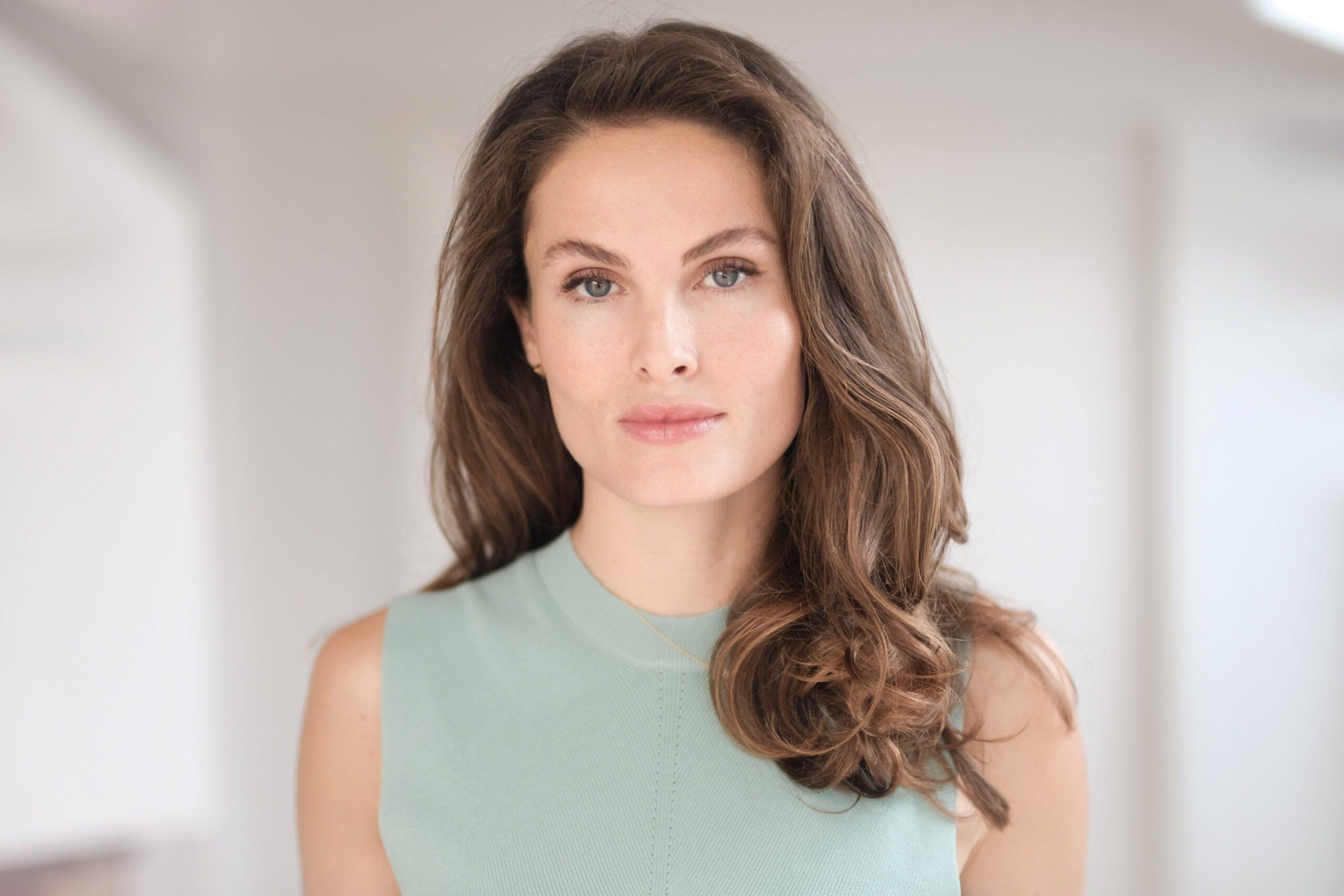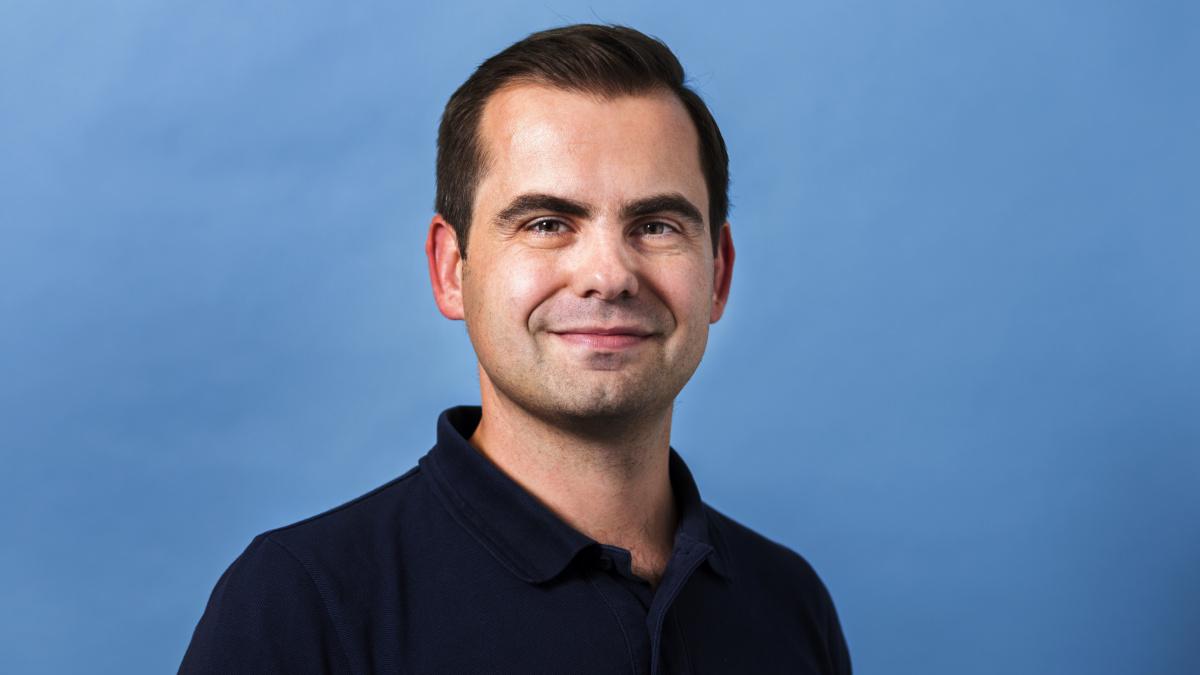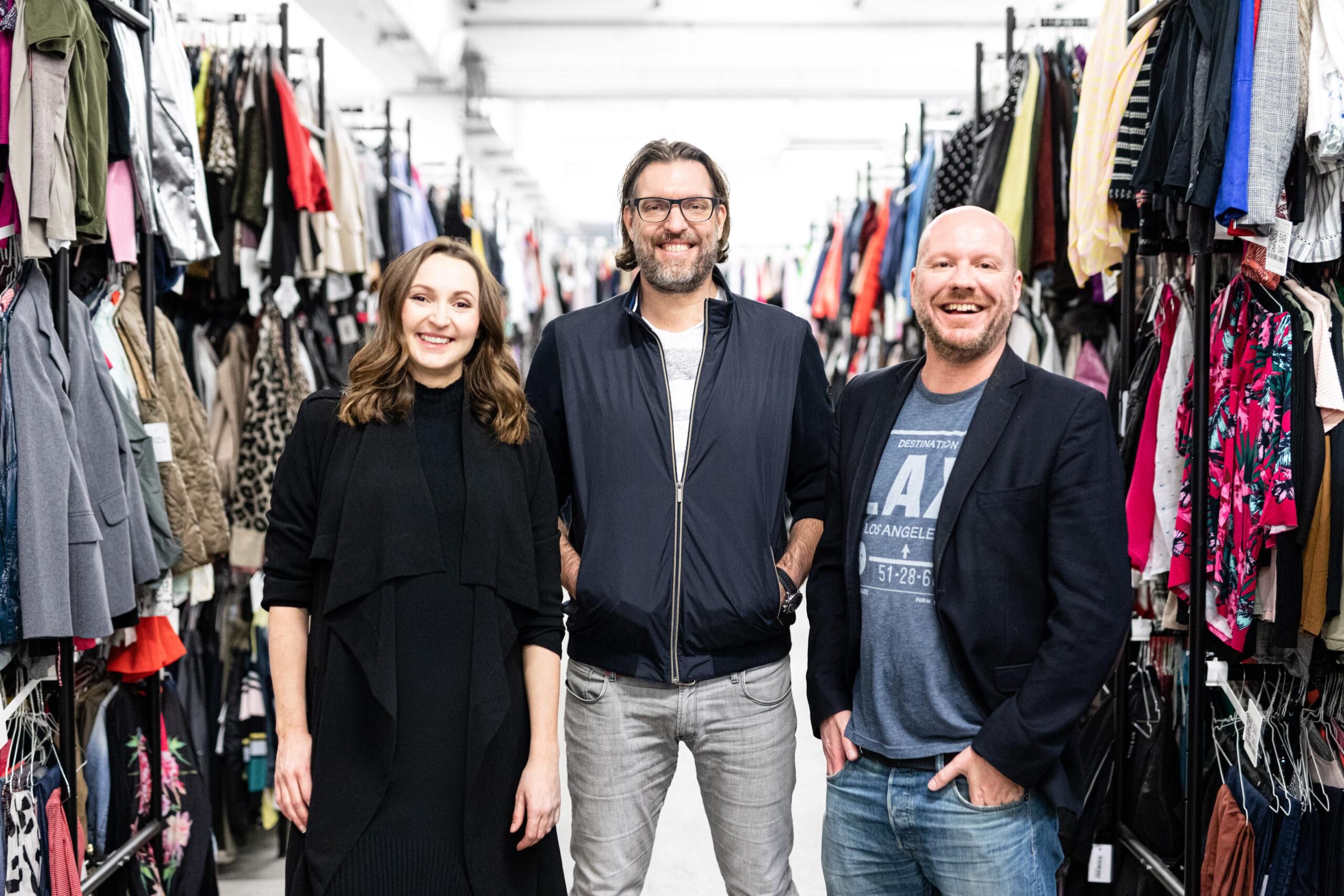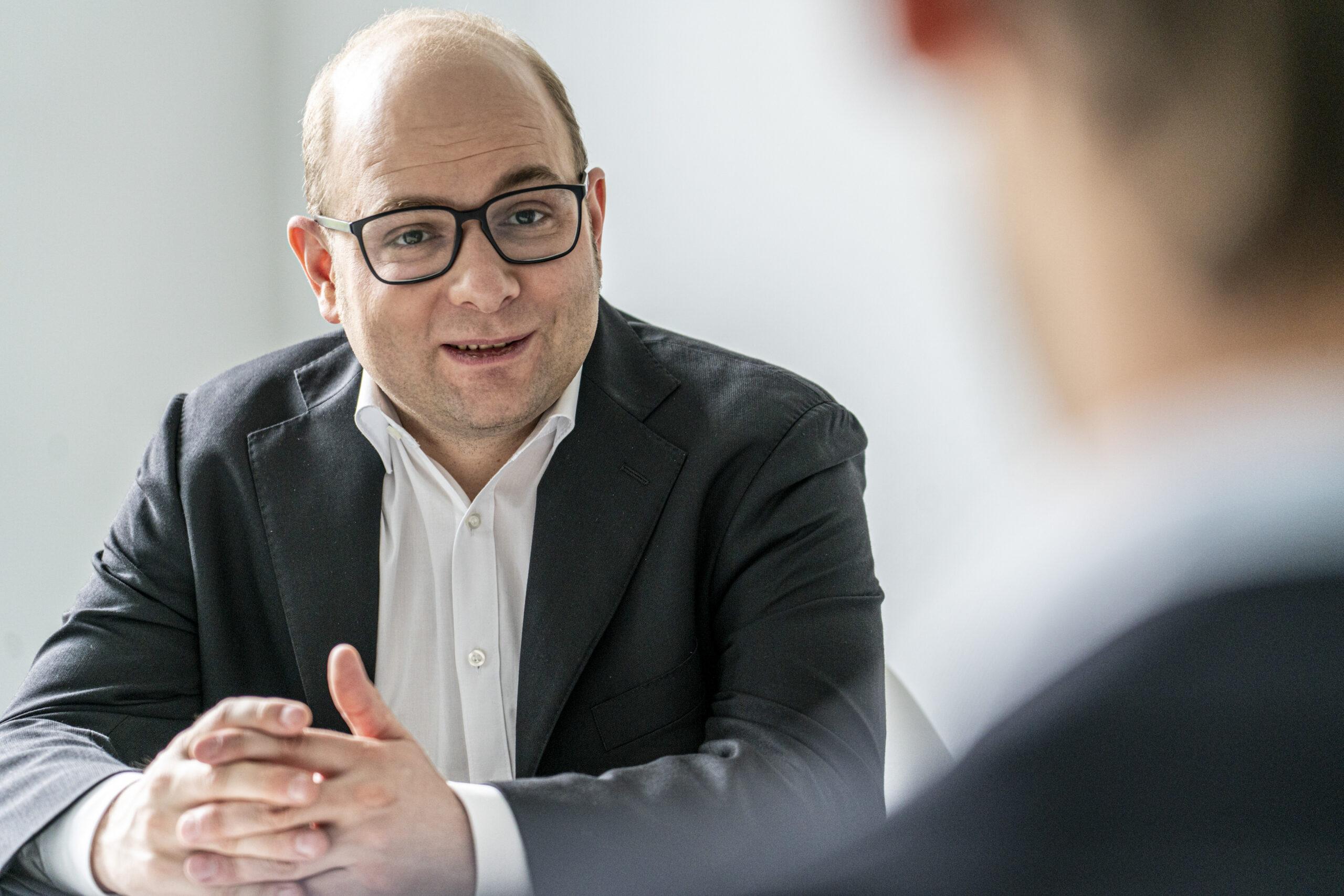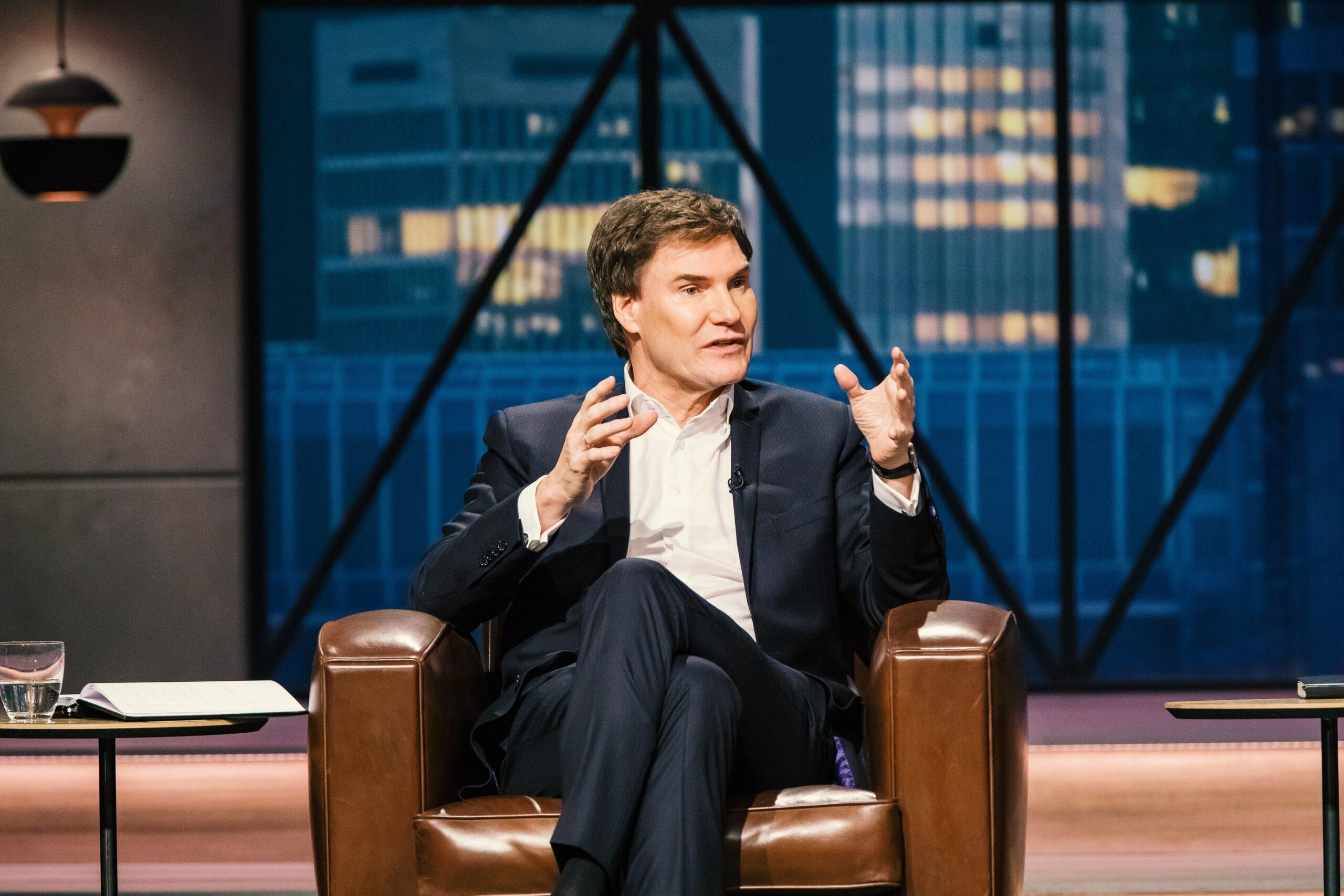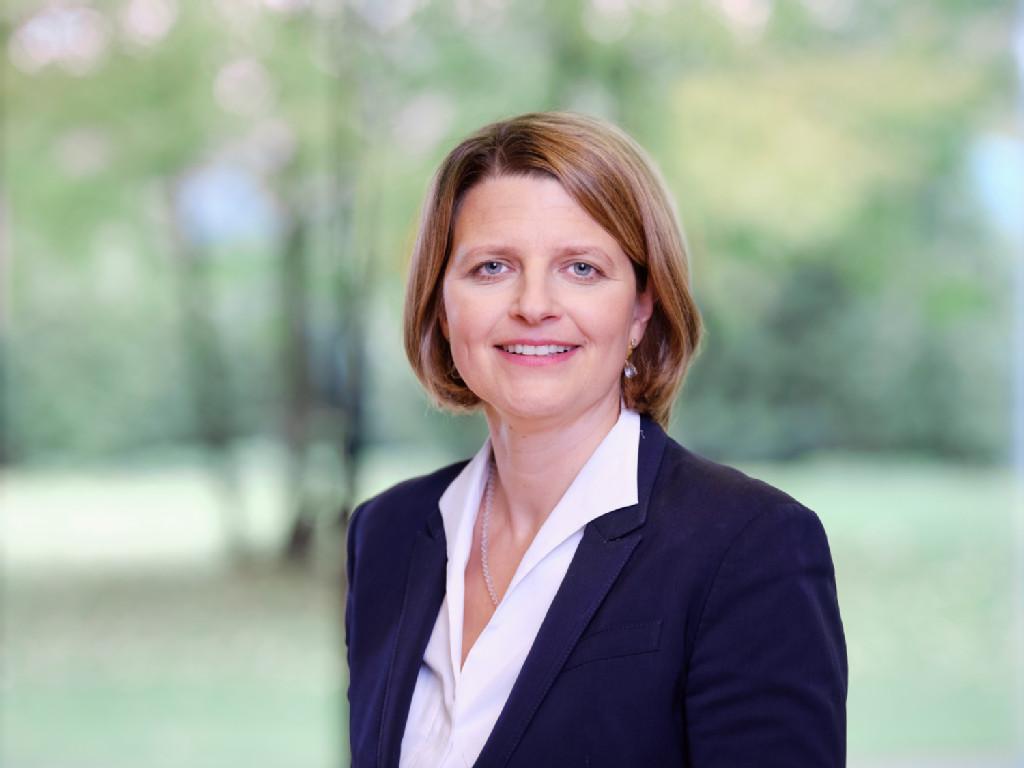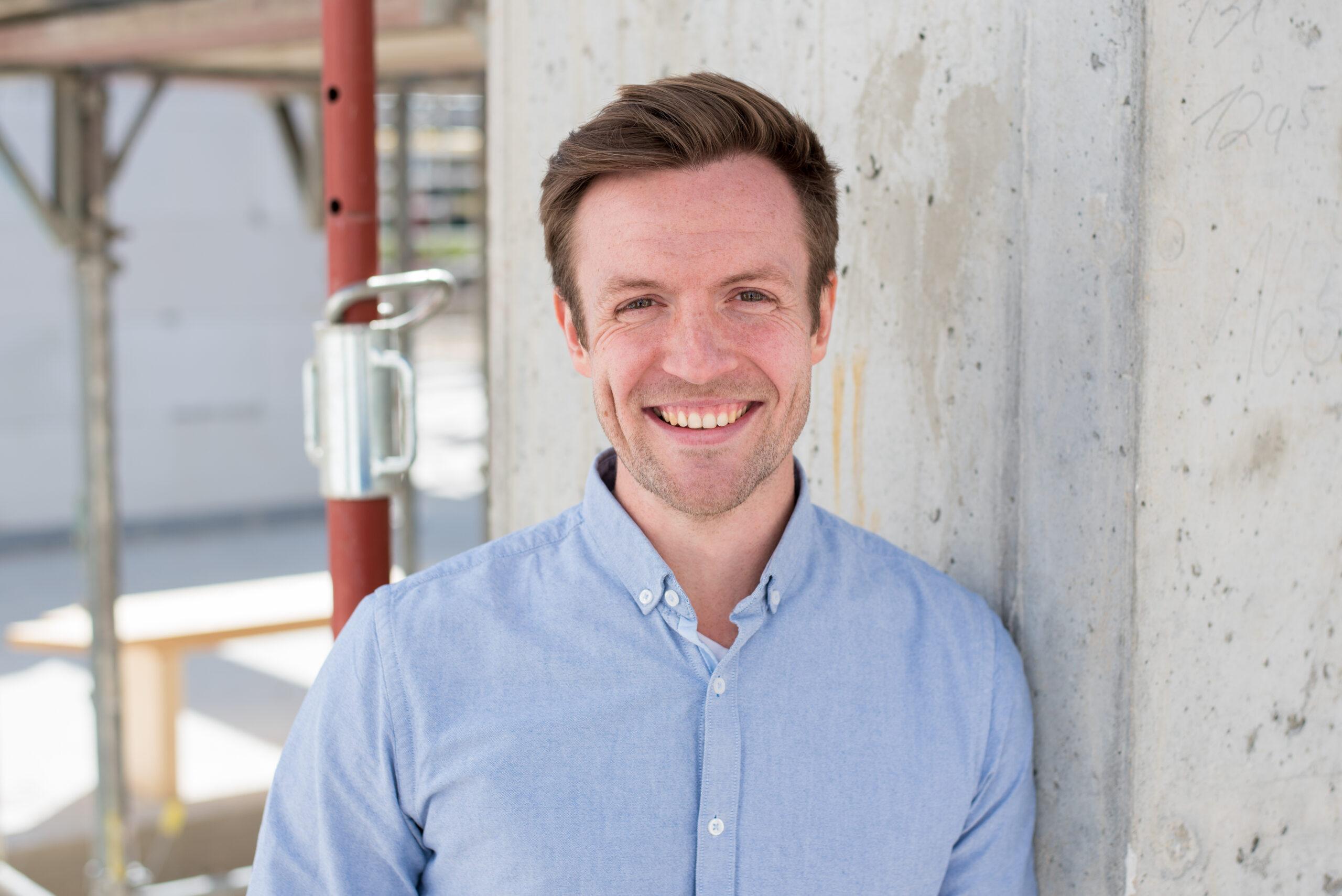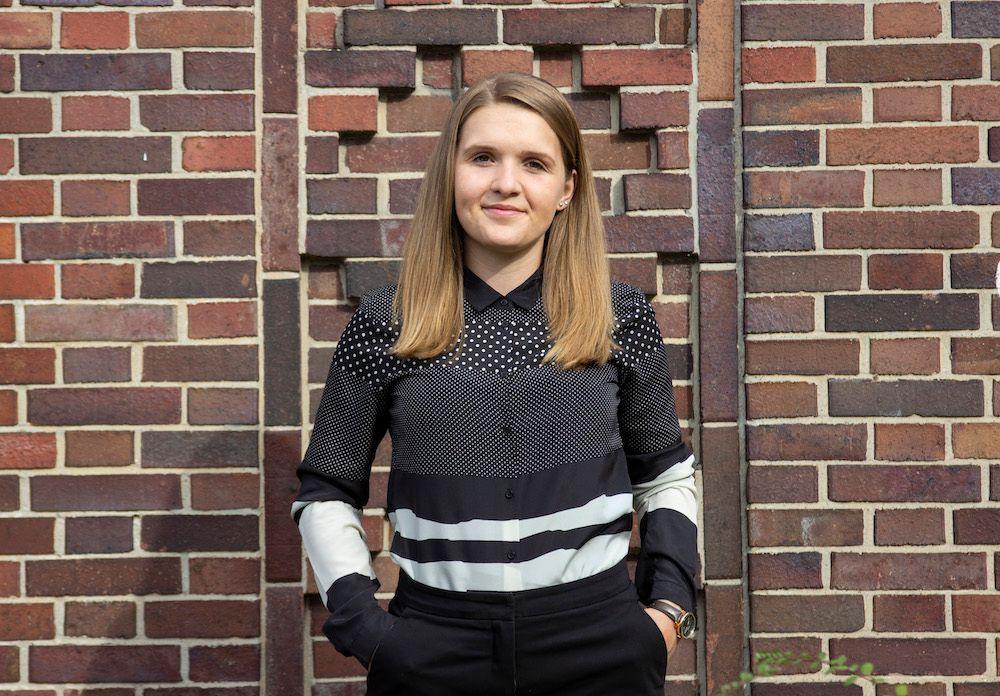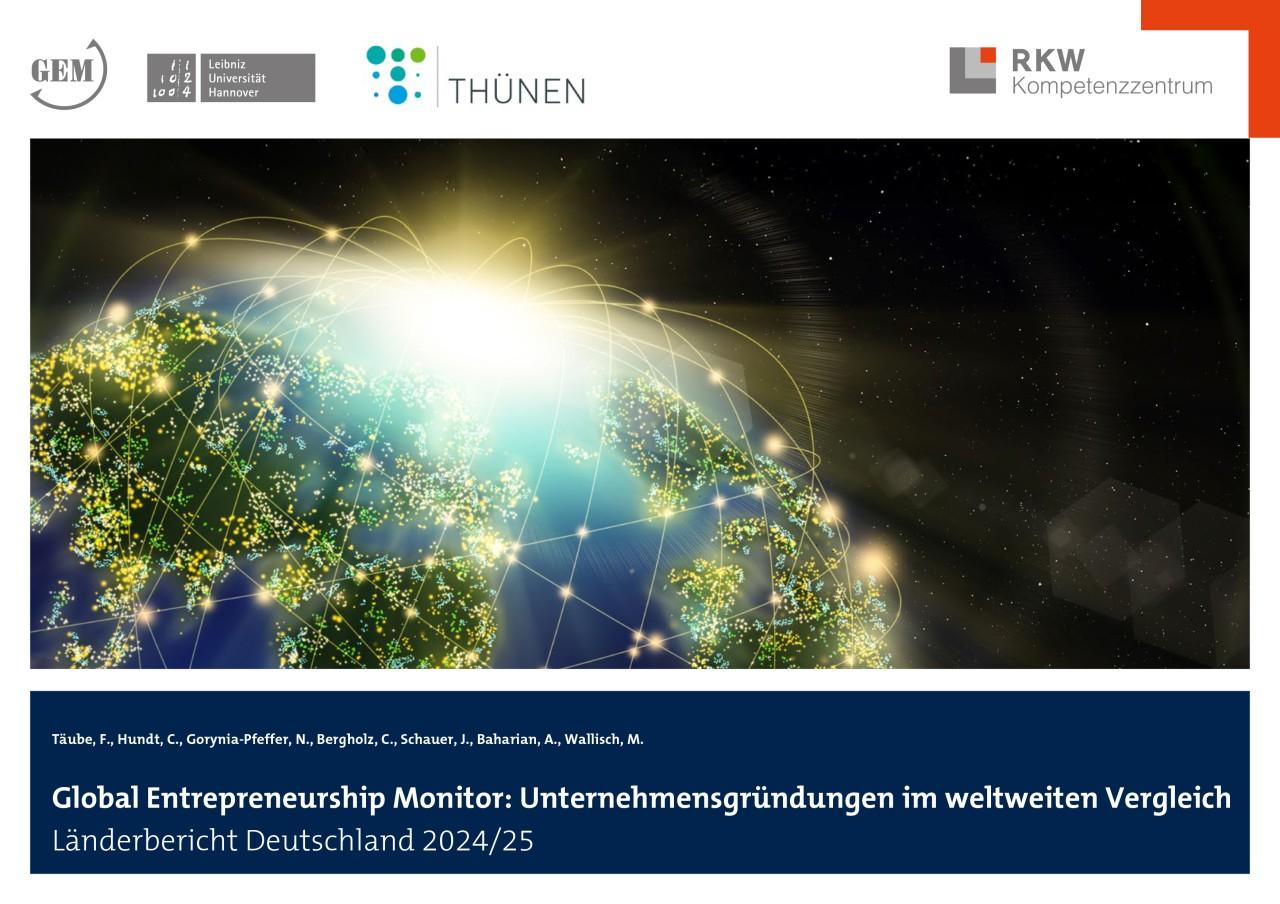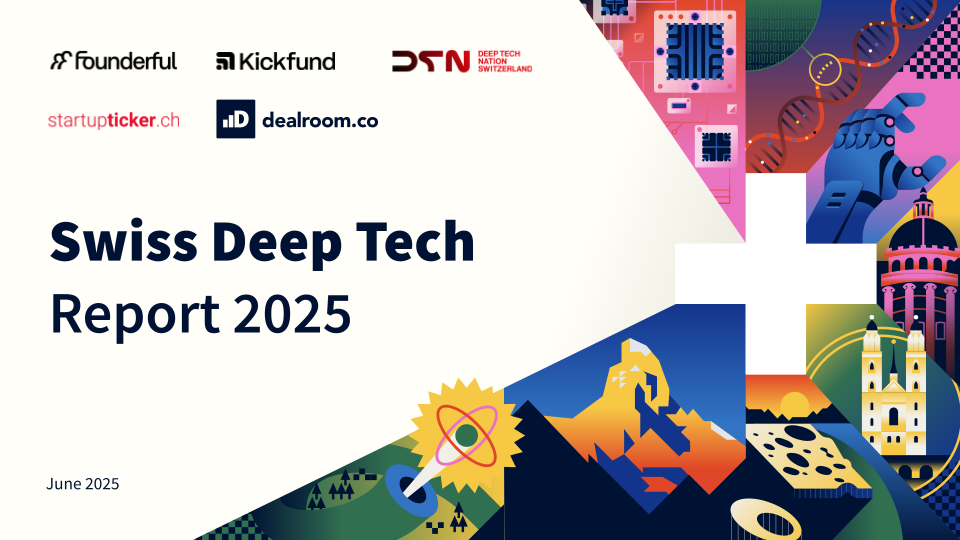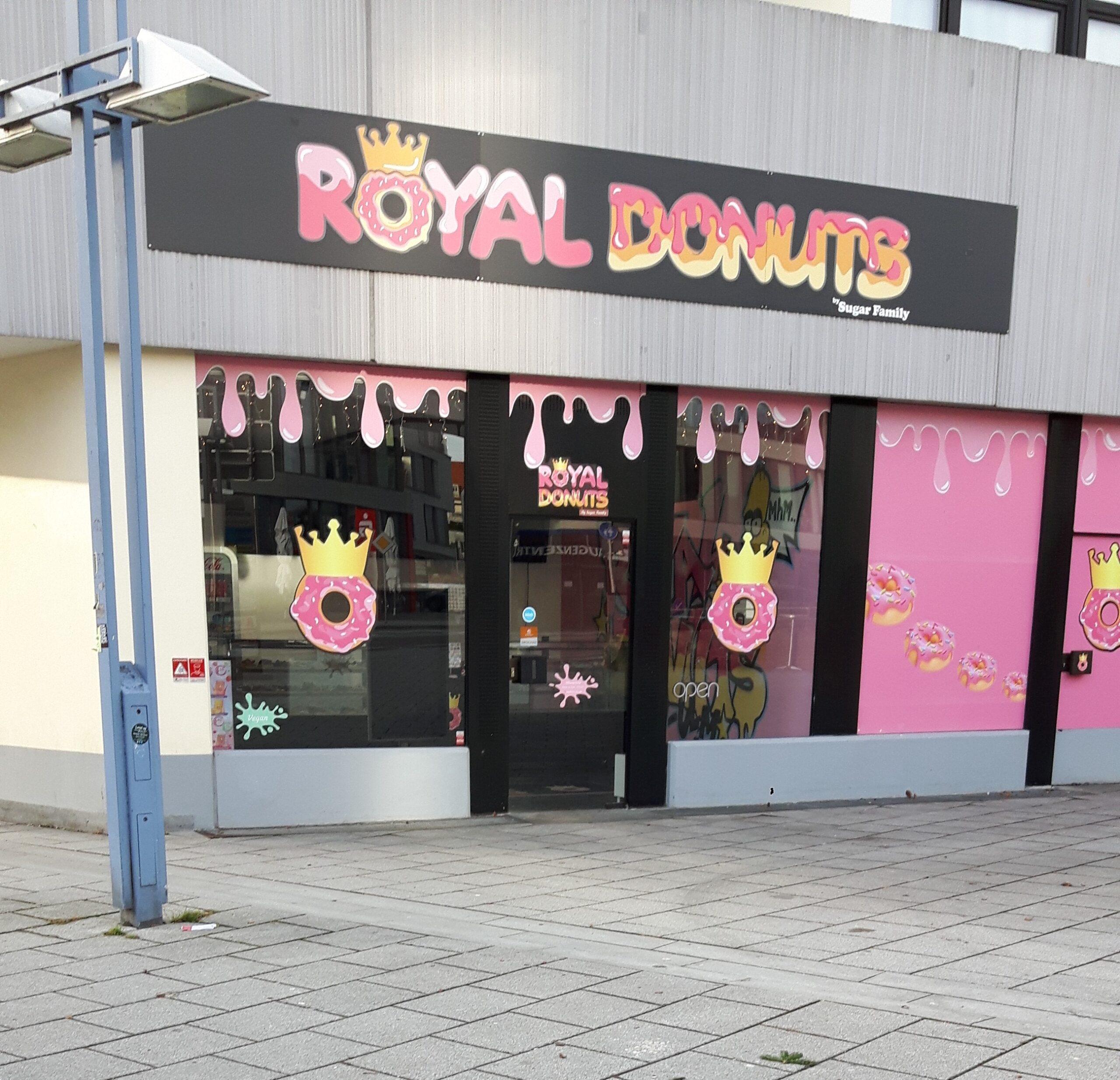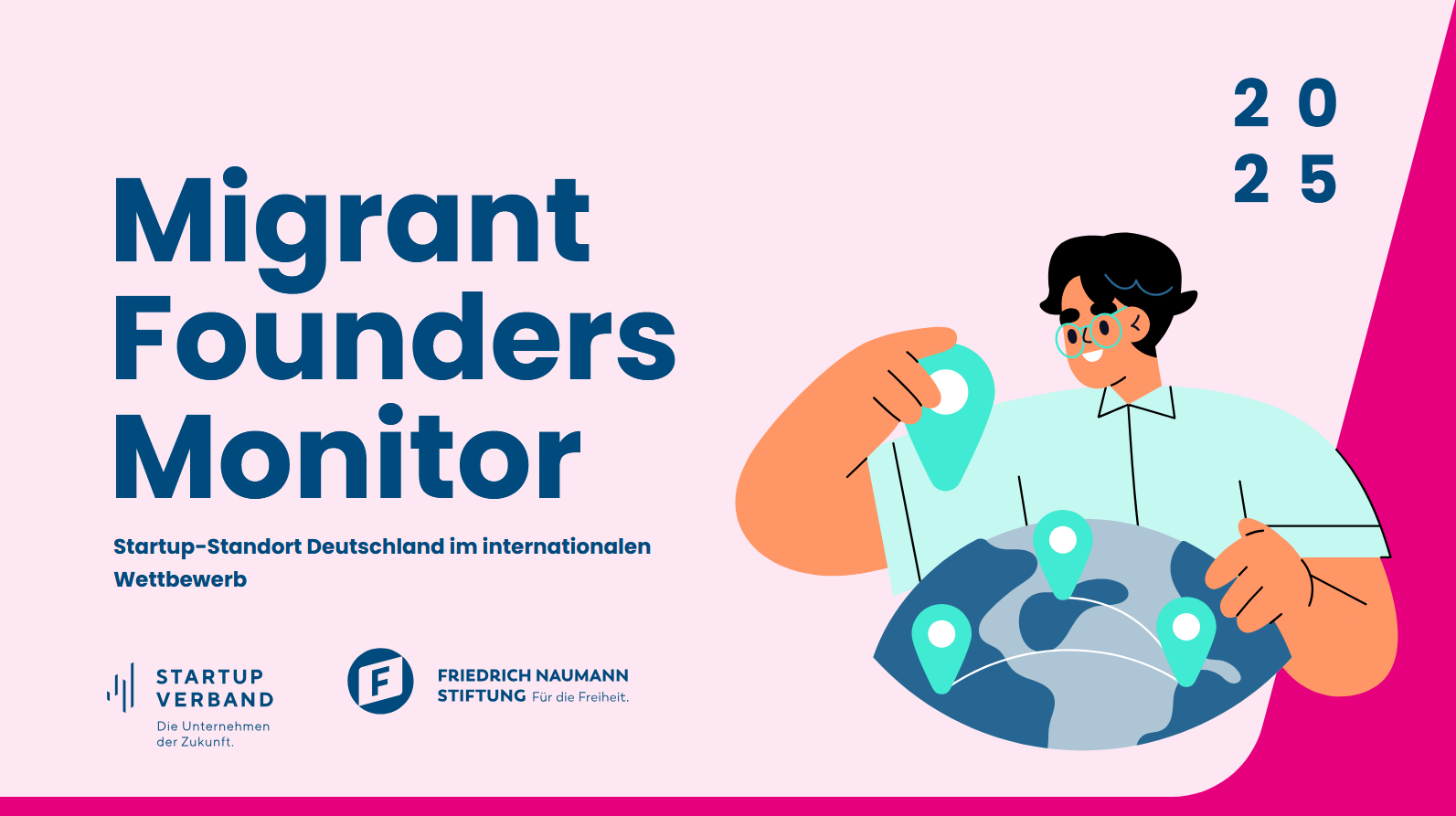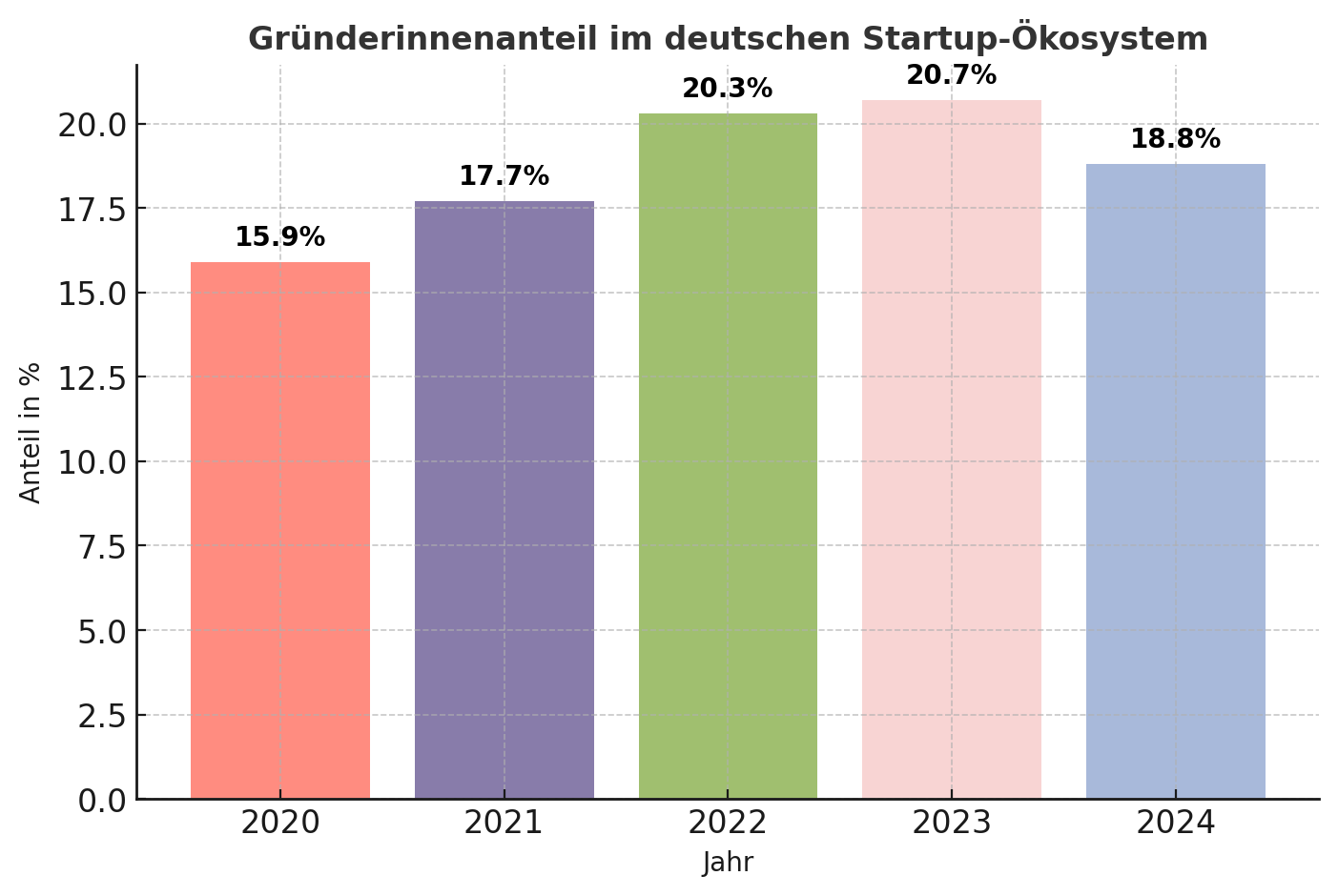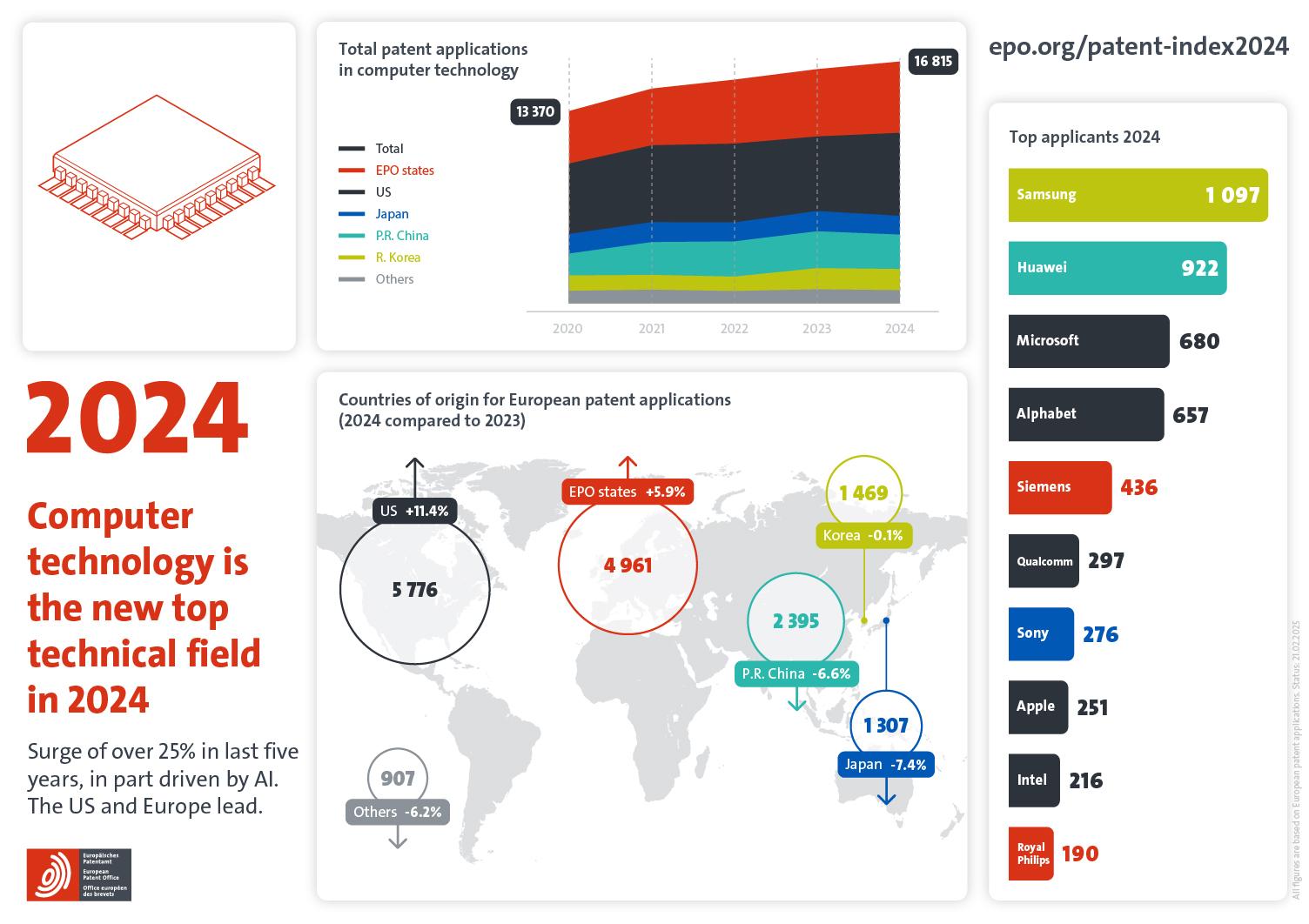How NFT start-ups are changing the art market
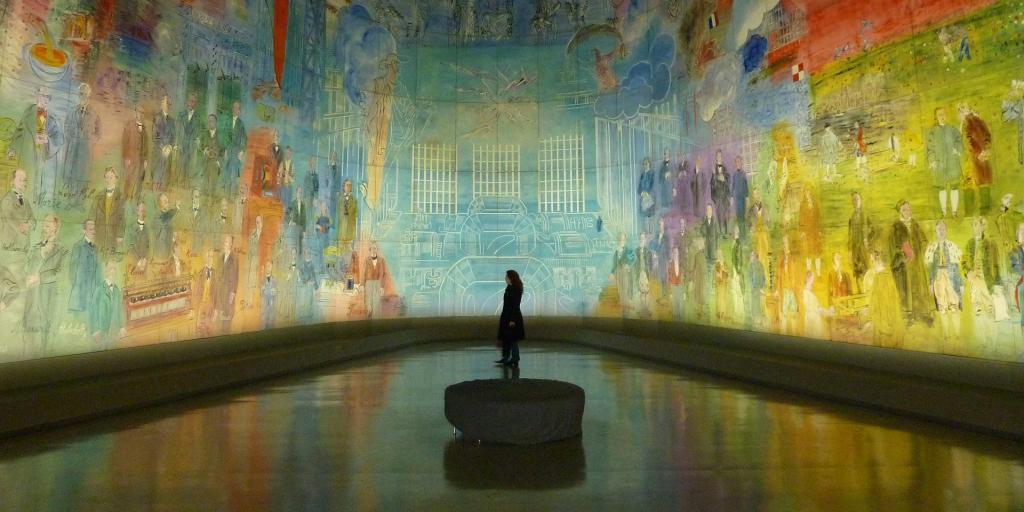
NFTs are changing the art market at breathtaking speed, which is why start-ups such as Pinsl from Stuttgart want to make NFT trading more accessible and secure. But the hype is also attracting dubious providers.
Vinzent von Witten is a founder through and through. He has been active in the start-up scene for around seven years. He talks about topics such as AI and blockchain quickly and in a structured manner. But when it comes to art, his voice becomes calmer. Then he takes his time, philosophizing about the value of works of art. Von Witten spent a long time looking for a way to combine his passions - founding, crypto, tech and art. He found it in April 2021: He launched the Stuttgart-based start-up Pinsl. Its aim is to connect the traditional art world with the NFT market.
NFT stands for non-fungible token. They represent an object such as a picture in the blockchain. People can use them to own, buy and sell digital files - especially works of art. Each NFT is considered unique. People can still download it, but only the buyer is shown as the owner. At best, this should make it much easier to trade artworks. Just creating your own NFT, marketing it and finding a suitable buyer is not that easy. And there can also be problems for buyers - for example, if they are unsure whether the NFT seller really has the rights to the artwork on offer.
Von Witten previously worked as a video producer with Hollywood director and Oscar winner Costa-Gavras, among others, before switching to the start-up world. Since 2015, he has founded several companies of his own. As is often the case, these did not lead to success, but they taught von Wittem a lot about founding. He has been involved in the crypto scene for a long time: among other things, he helped set up the Stuttgart Blockchain Future Festival and was responsible for digitalization projects such as a blockchain strategy for board members at financial group W&W.
Now he wants to bring order to the wild world of NFTs with Pinsl. "We are building a user-friendly, reputable and legally compliant platform for fine-art NFTs," explains von Witten. This is expected to be launched in June. Until January 2022, von Witten built up the company alone. Nils Dürr then joined as co-founder. The project's founding partners and first business angels are Johannes Graf Strachwitz and Oliver Rebner from the 0711 communications agency, lawyer Martin Rath and artist Sebastian Priester. Other start-ups such as Artéq from Vienna, Digitalstage.io and Fanzone from Berlin are also focusing on the NFT market, partly for works of art but also for music or collectible pictures for fans. But can this really work or will the hype soon be over?
Pinsl wants to give artists "water to swim in"
"Our platform is primarily aimed at traditional players in the art world," says von Witten. His team verifies artists, gallery owners and buyers so that there are no financial, copyright or other problems. "Artists and dealers should and want to concentrate on the art - and not on business and formalities," explains von Witten. "However, everyone needs water to swim in. That's why we offer the art world a secure framework for NFT trading."
Pinsl wants to take over this complicated part - and also offer a platform where people can exchange ideas and trade. The start-up also wants to offer social functions: "This way, artists can also meet new potential buyers." On the one hand, artists can sell so-called "Repro NFTs": scans or photographs of physical works of art as NFTs. On the other hand, they can sell NFTs of digitally created artworks.
"I came up with the idea for Pinsl because I am friends with many artists, have been interested in art myself for a long time - and create art with my preferred media," explains von Witten. He has already achieved a small commercial success: in 2012, the famous London museum Tate Modern included T-shirts with his collages in its artist store.
Art market expert: artists should definitely get to grips with NFTs
Art market expert Arne Freiherr von Neubeck is one who believes in the future of NFTs: "For artists who have mastered the skill of self-marketing, there is a great opportunity due to the greater reach of digital art," he says. However, as someone who has been dealing in art since 2008 and is a major player in the German art market with his company The Global Fine Art, he also knows: "Most artists will fail with this, just as they fail in the analog world."
Von Neubeck believes that "platforms with a boutique character" such as Pinsl can certainly play an important role "so that artists can position themselves beyond the mass market." However, these can only help if they "generate enough traffic". This is because the really big NFT markets such as Opensea have a problem: "The platform is huge. You have millions of users - but also the risk of getting lost."
In any case, von Neubeck strongly advises artists to get to grips with the NFT matter: "If I don't deal with it, the train will pass me by." The current moment in the market is particularly interesting: "The train is already rolling, but the tracks still have to be laid. This is happening at full speed at the moment." As is so often the case, early momentum offers the risk of failure and setbacks on the one hand - but huge opportunities on the other. However, one should not be reckless: The processes are not easy to understand, "fraudsters are lurking and the volatility is considerable."
NFTs will find their way into the art market
According to von Neubeck, the NFT hype has been so great primarily because the art market has come under massive pressure due to the pandemic: fairs, face-to-face auctions and cultural events have been canceled. "NFTs stood out as a sales driver," he notes. NFTs also promised sales to people who had not previously traded in art: "They introduced a completely new target group to the market. Young people who have made their fortune primarily through crypto investments."
There are still some uncertainties with NFTs: the price of physical art is usually more constant. And whether the price level of NFTs will remain the same is uncertain: "The market is risky and volatile." The poor environmental balance of NFTs could also spoil the party in the long term: there are already many NFT critics as a result. At the same time, according to von Neubeck, there is no turning back: "The trend is irreversible. NFTs will find their way into the art market."

Newsletter
Startups, stories and stats from the German startup ecosystem straight to your inbox. Subscribe with 2 clicks. Noice.
LinkedIn ConnectFYI: English edition available
Hello my friend, have you been stranded on the German edition of Startbase? At least your browser tells us, that you do not speak German - so maybe you would like to switch to the English edition instead?
FYI: Deutsche Edition verfügbar
Hallo mein Freund, du befindest dich auf der Englischen Edition der Startbase und laut deinem Browser sprichst du eigentlich auch Deutsch. Magst du die Sprache wechseln?






